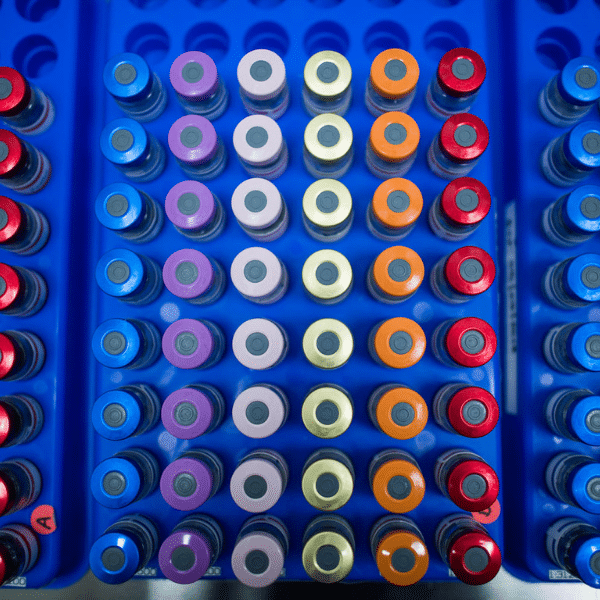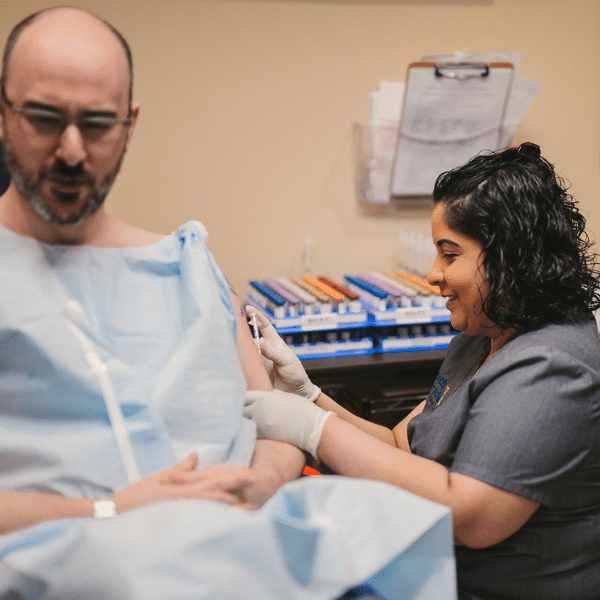While it’s likely that allergies have been around for millennia (there is known evidence of their existence within ancient Greek and Roman history), the modern era of allergy-focused studies and inquiry began within the last few centuries. Even then, it wasn’t until just recently that allergy testing became common, accurate, and patient-friendly, thanks to a series of innovations in medical research.
We detail the history of allergy testing procedures and offer thoughts on how that history might shed some light on its future.
Allergy Testing of the Past
In 1869 the first skin test for allergies was attempted when Dr. Charles Blakely applied a small amount of pollen onto a surface wound of the skin and documented the results. Before this, doctors of many eras noted potential associations between flowers and allergic attacks, with terms like “summer asthma” and “hay-fever” arising in the 17th and 18th centuries. Later, there was a clear, decisive link, and it would be utilized in the proceeding decades to develop groundbreaking treatment like immunotherapy and medications like antihistamines and corticosteroids.
In the 1950s, the discovery of mast cells helped identify what caused the body to have an immune response to allergens. Then, in 1963, certain antibodies were discovered, further clarifying what it was setting into motion – the release of histamine and the ensuing allergic reaction. Finally, in 1982, Bengt I. Samuelson won the Nobel Prize in Medicine and Physiology for his work with leukotrienes, which are directly connected to asthma allergy and inflammatory responses to foreign substances.
Testing of Today
In the modern era of medicine, thankfully, there are now a variety of tests that can help determine the root causes behind one’s allergies. Arguably the most common is a skin test (also termed “scratch test”) in which a potential allergen or combination of allergens is introduced to the body via a patch, prick, or injection. For those wondering, “Does allergy testing hurt?”, these tests are usually quick and well-tolerated. For those asking, “How long does allergy testing take?”, the simple answer is, “It varies.” Depending on the allergen, results can be expected in as little as minutes, or in other cases, as long as days. But overall, you can expect to wait approximately 15 minutes for reactions and count on having your results immediately. In some cases, however, reactions can take longer to show themselves.
For patients suffering from a chronic skin condition, taking medicine which compromises test results, or testing for potentially severe allergens, allergy blood tests are a conventional alternative. While quickly administered, blood tests can often take a while to determine results, and depending on the allergen, are not always as accurate or reliable as skin tests.
Looking to the Future
Though research is beginning to suggest that there may soon be ways to effectively “turn off” allergies, blood and skin tests are currently the most up-to-date, safe, and effective methods for pinpointing allergies.
At Florida Sinus & Snoring Specialists, we provide a variety of intradermal methods of testing for allergens to accurately determine the causes of your symptoms. Call us today to request an appointment at 954-983-1211.


